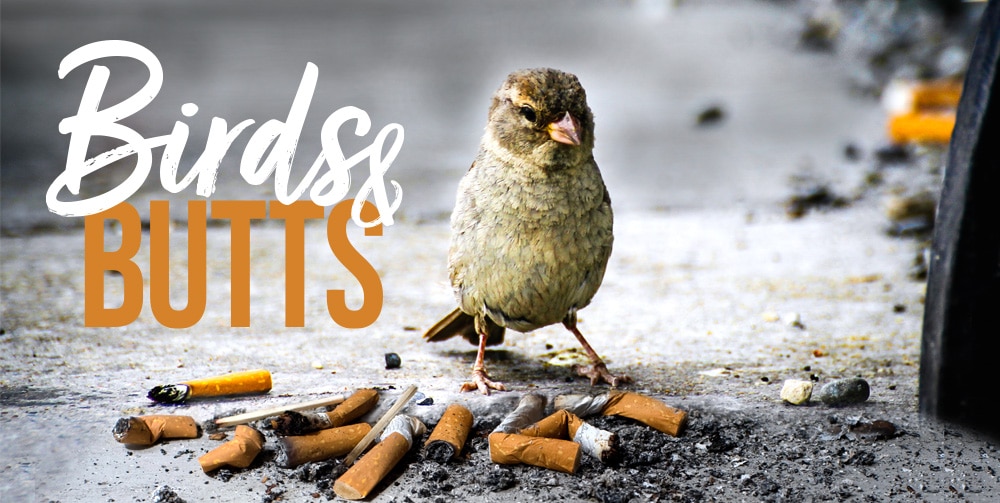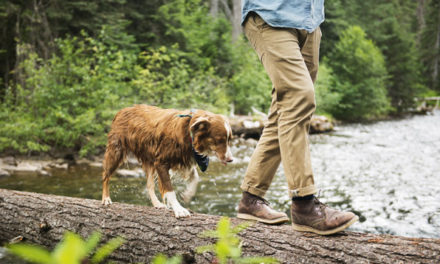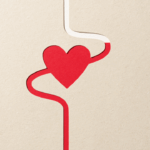
It's 2020 and we've gotten cigarettes out of our homes, workplaces, cars, and public buildings – even restaurants and night clubs. The decades-long transition has been far from easy, but all it took to ban the butts from our indoor environments was to prevent smokers from smoking within them. Outdoors, however, the butts persist. And it's likely that they're doing real harm to wildlife, especially birds.
It’s estimated that about a trillion cigarette filters end up as litter worldwide. Finding a butt on a sidewalk, a hiking trail, or a beach is unsightly for us as humans, but with its nicotine and cellulose, a butt can pose a significant threat to a bird that mistakes it for food. By pecking at, or eating a discarded cigarette filter, birds run the risk of nausea, vomiting, seizures, and even death.
Scientists have reported that House Sparrows and House Finches, both city birds, have begun weaving discarded cigarette butts into their nests.
Some birds are adapting to the butts. Scientists have reported that House Sparrows and House Finches, both city birds, have started weaving discarded cigarette butts into their nests. It’s believed to be a technique for warding off parasites. But even such smart birds can be vulnerable to the dangers of these pollutants over time. By carrying butts in their beaks during nest-building season, birds are exposed to toxins that cause genetic damage which, in turn, leads to cancer.
The way to stop “butt pollution,” of course, is to make smoking extinct as a human habit, or ban the butts outright. But until then, many researchers are encouraging cigarette manufacturers to redouble their efforts to develop biodegradable filters and portable, spill-proof ashtrays!













